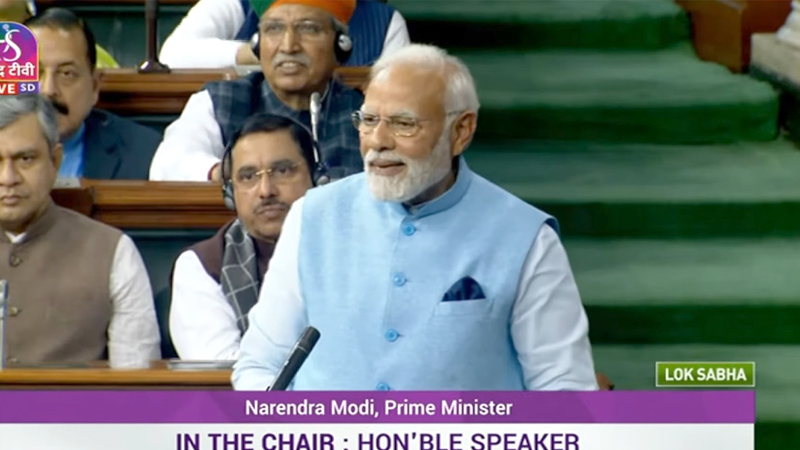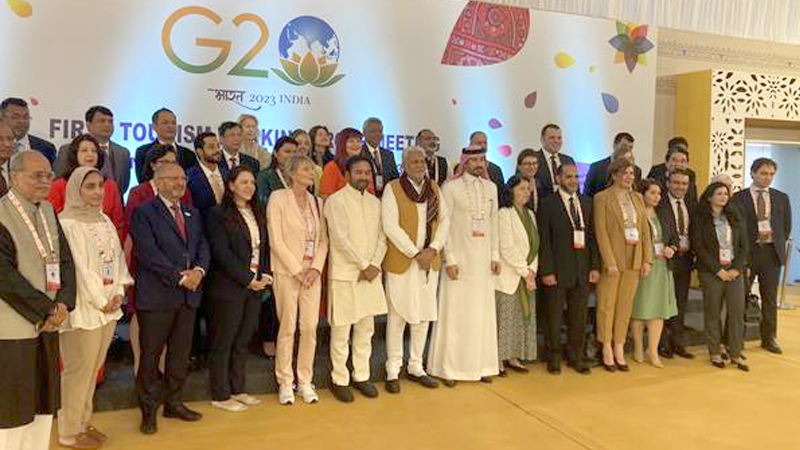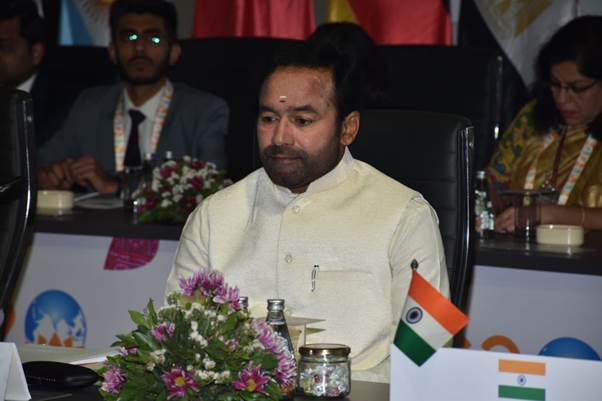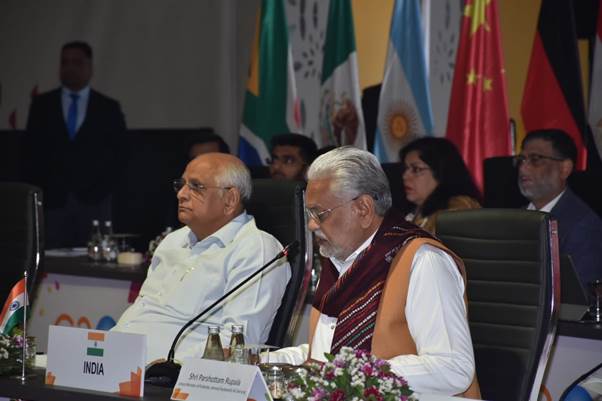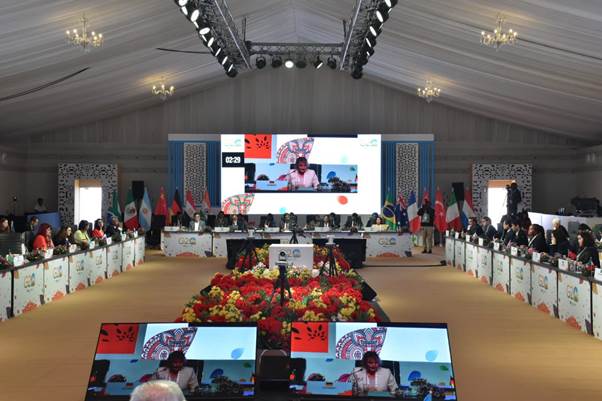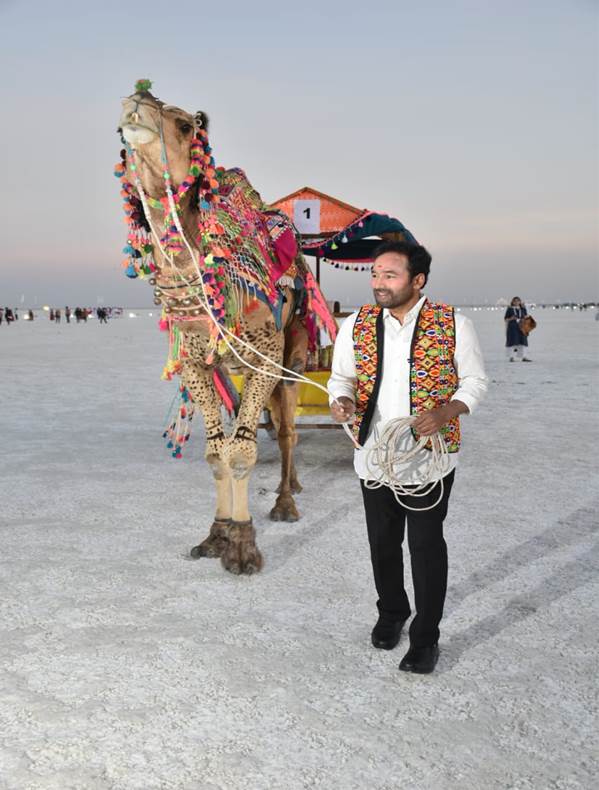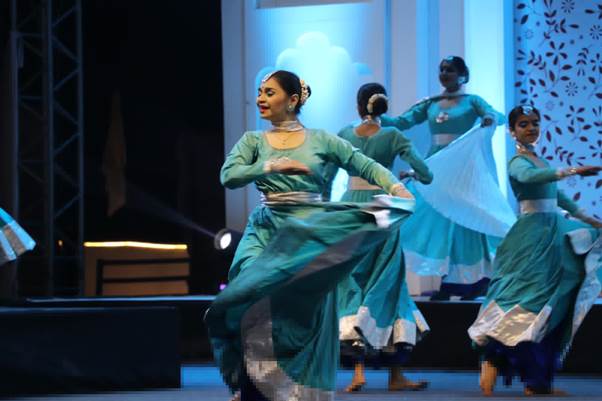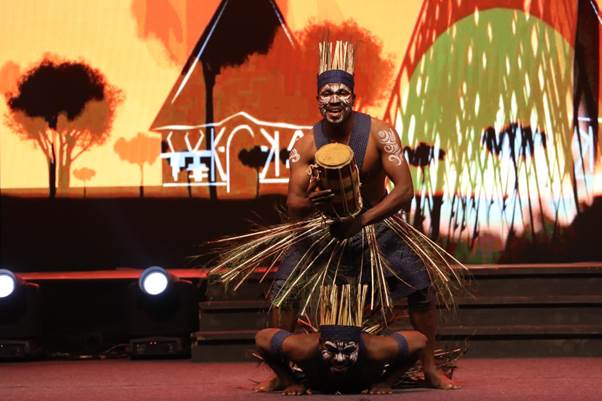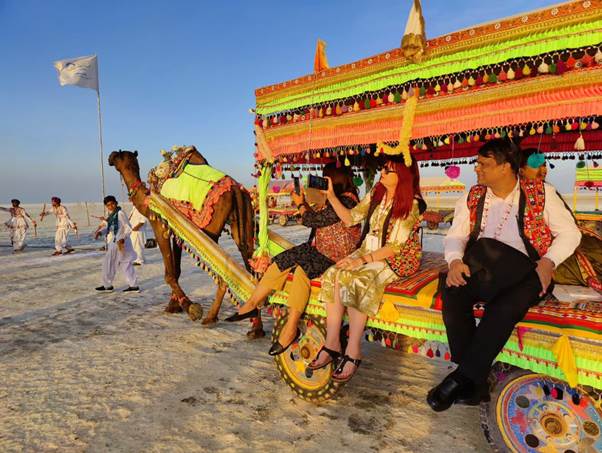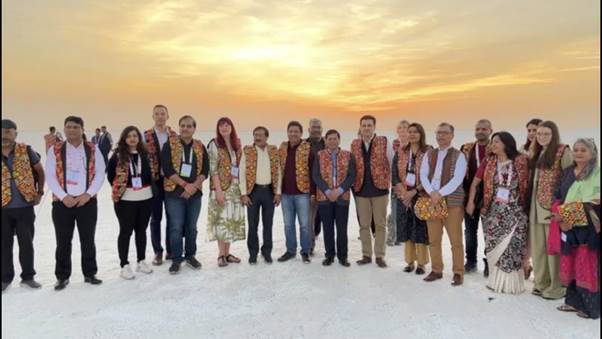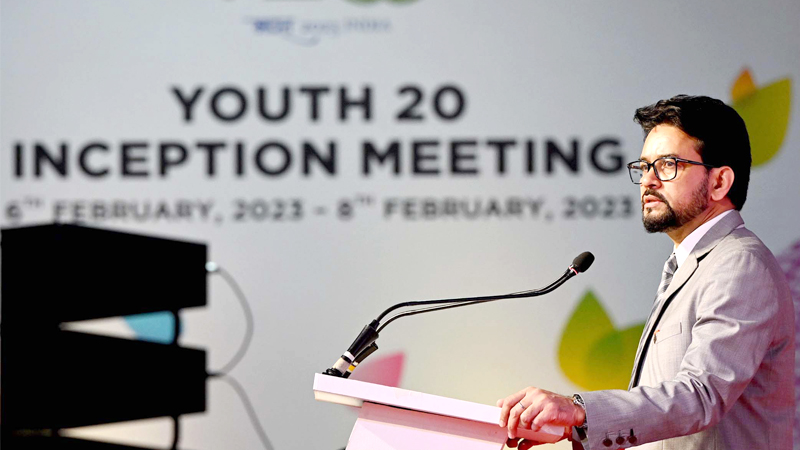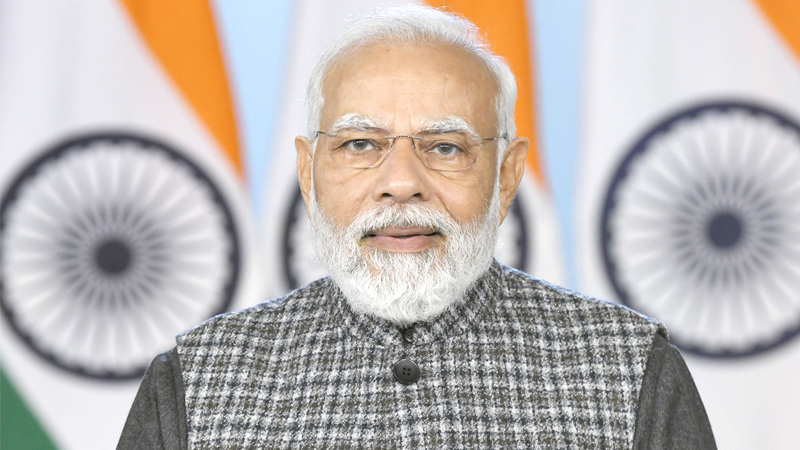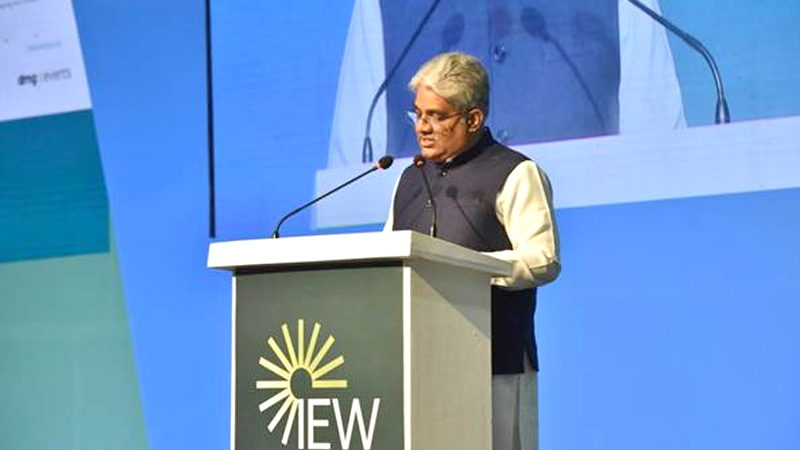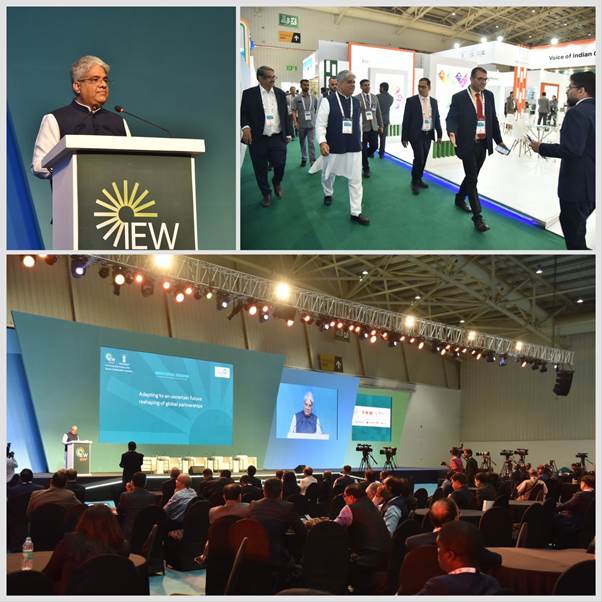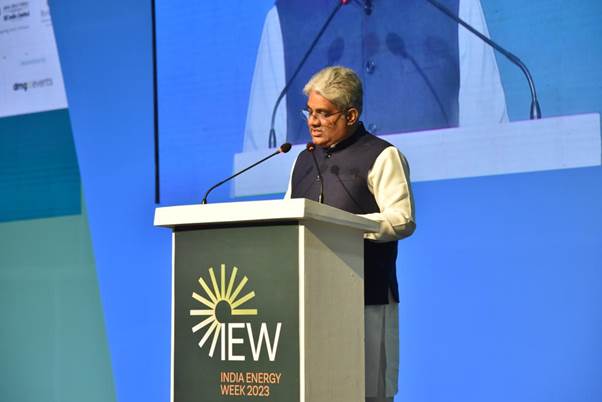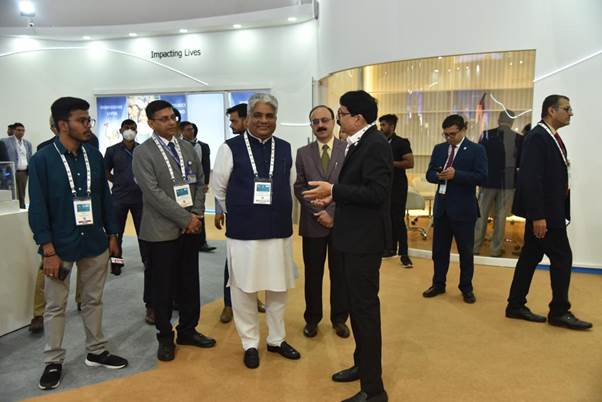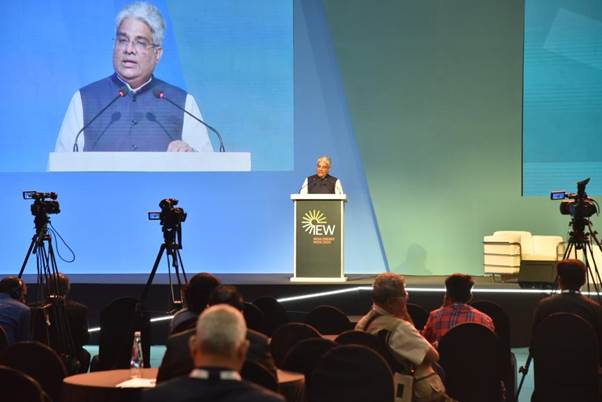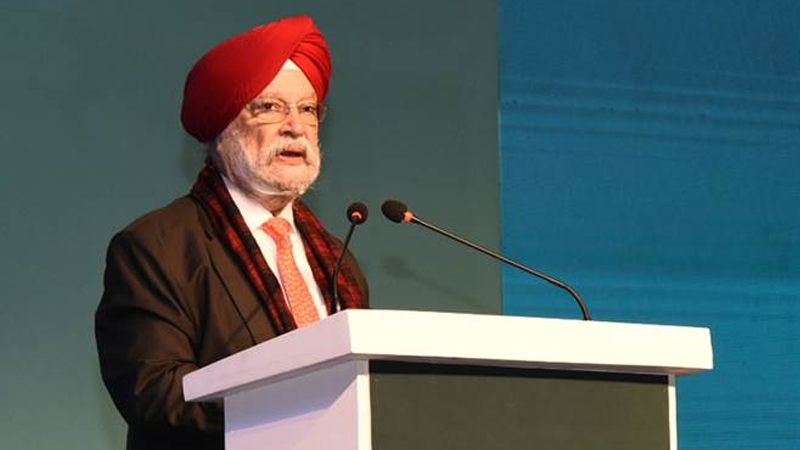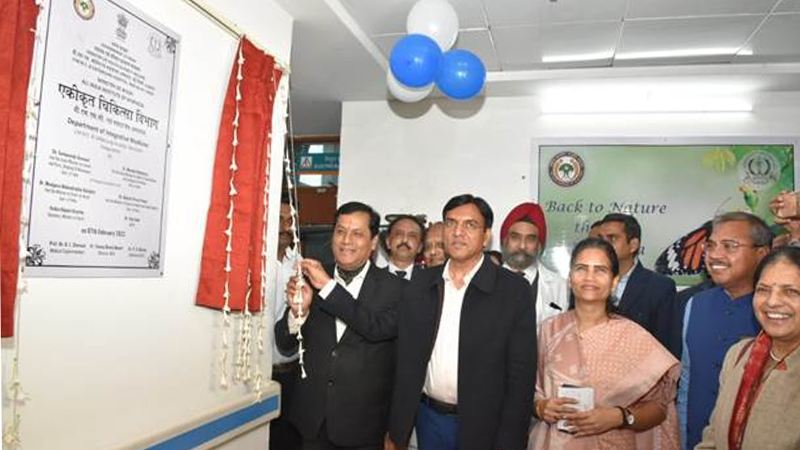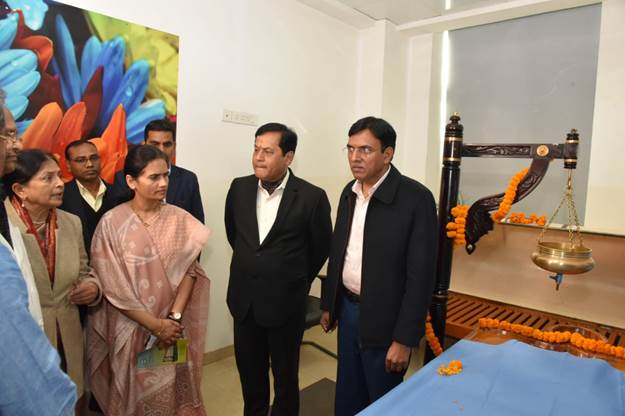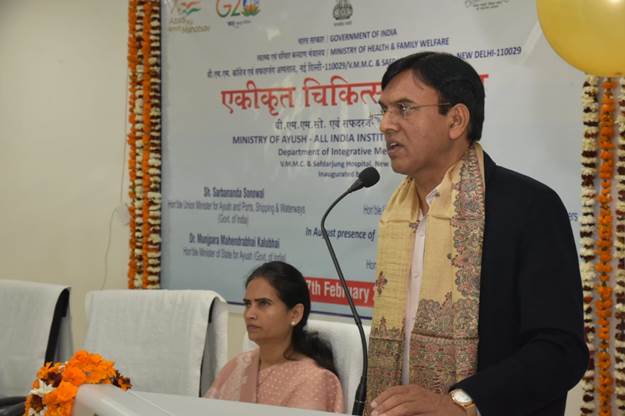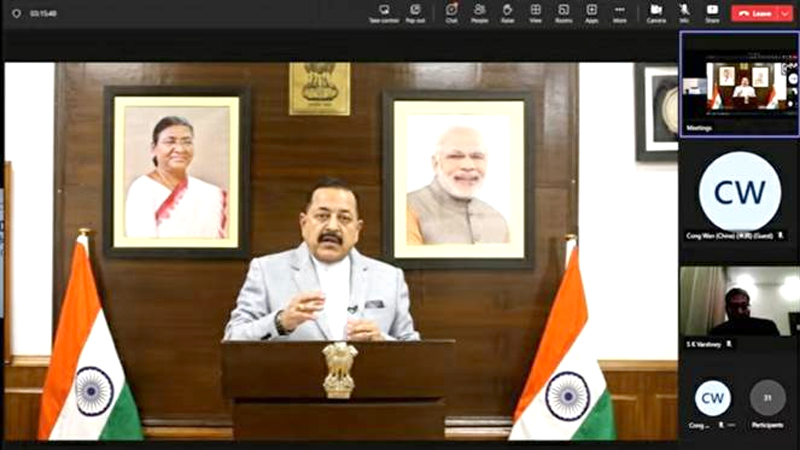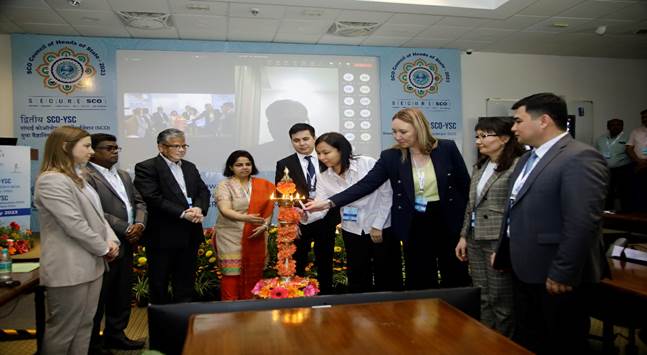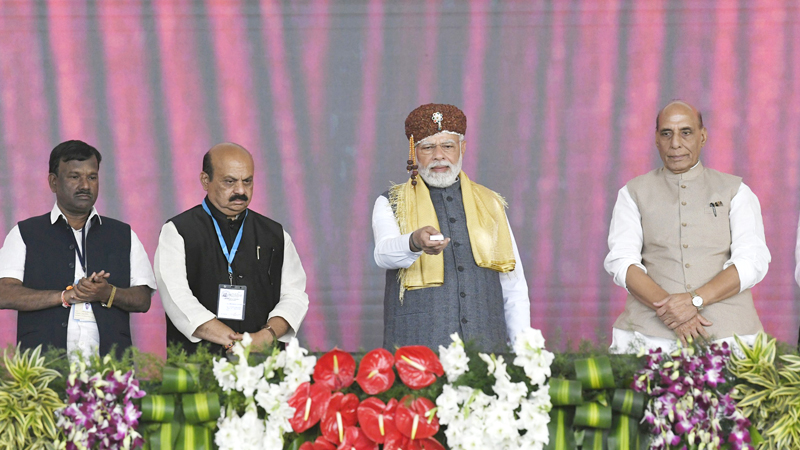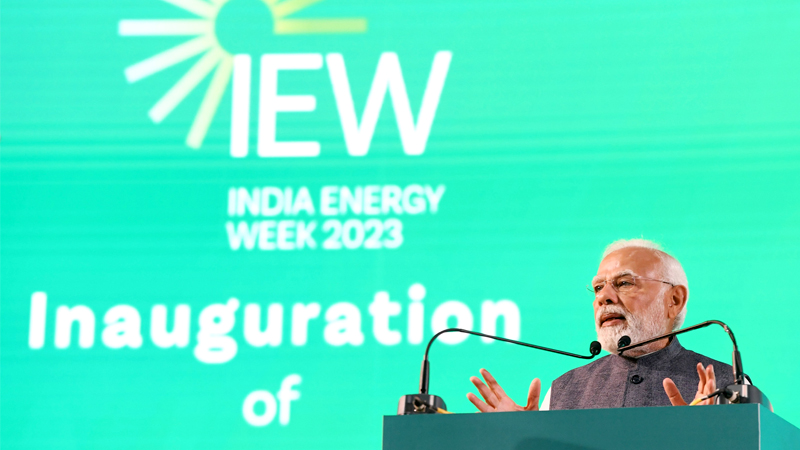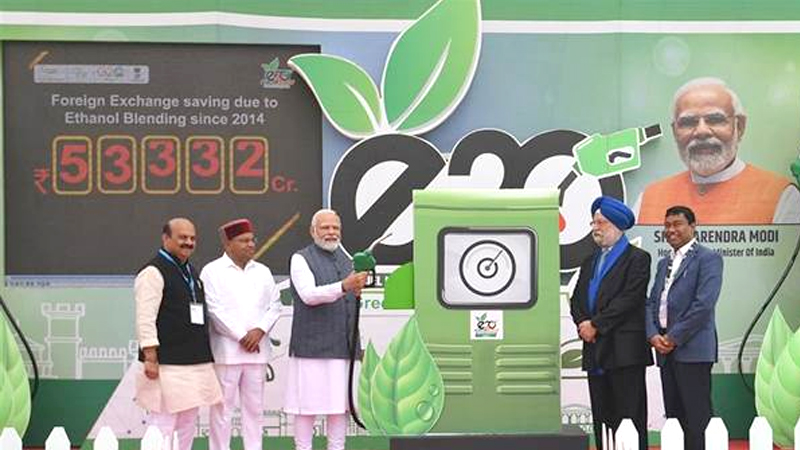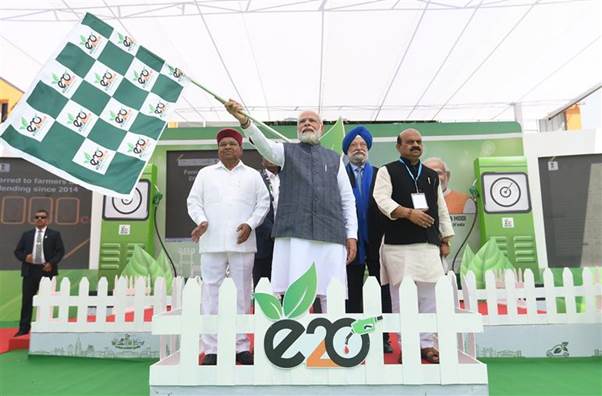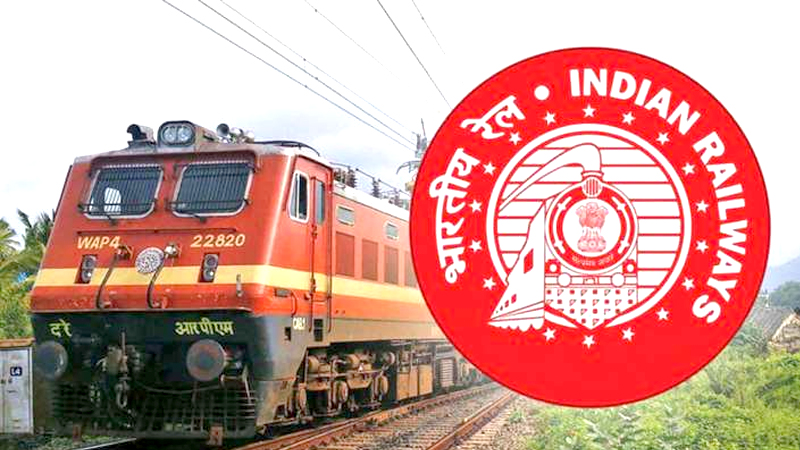The Prime Minister, Shri Narendra Modi inaugurated the India Energy Week (IEW) 2023 in Bengaluru today. The Prime Minister launched the uniforms under the ‘Unbottled’ initiative of Indian Oil. These uniforms are made of recycled PET bottles. He also dedicated the twin-cooktop model of the IndianOil’s Indoor Solar Cooking System and flagged off its commercial roll-out.
Later in the day, the Prime Minister also launched E20 fuel at 84 retail outlets of Oil Marketing Companies in 11 States/UTs along the lines of the ethanol blending roadmap. He also flagged off the Green Mobility Rally where vehicles running on green energy sources will participate and help create public awareness for green fuels.
Addressing the gathering, the Prime Minister started by extending condolences for death and devastation in Turkey and nearby countries. He conveyed India’s readiness to provide any possible assistance.
Highlighting that Bengaluru is a city brimming with technology, talent and innovation, the Prime Minister remarked that everyone present here will be experiencing that energy today. He informed that India Energy Week is the first significant energy event of the G20 calendar and welcomed everyone on the occasion.
The Prime Minister underlined the major role of the energy sector in setting the direction of the future of the 21st-century world. “India is one of the strongest voices in the world for energy transition and for developing new resources of energy. Unprecedented possibilities are emerging in India that is moving with a resolution of a Viksit Bharat”, he said.
Referring to the recently released IMF projections of India being the fastest-growing major economy, Shri Modi further added that India has continued to be the global bright spot in the world stricken with the pandemic and the era of war in 2022. He credited the internal resilience of India that enabled the nation to overcome any obstacle irrespective of external factors.
The Prime Minister cited multiple factors for that, first, stable, decisive government. Second, sustained reforms, third, socio-economic empowerment at the grassroots level. The Prime Minister elaborated on the massive social infrastructure including, financial inclusion through bank accounts, free health facilities, safe sanitation, electricity, housing, and piped water that has reached crores of people and changed the lives of a number of people who are more than the population of many major countries.
The Prime Minister noted the positive changes that have occurred in the quality of lives of crores of India where they have come out of poverty and reached the levels of the middle class. He informed that 6,00,000 kilometres of optical fibers have been laid in the country so that every village gets internet access. Throwing light on the developments in the last 9 years, the Prime Minister informed that the number of broadband users in the country has gone up thirteen times and internet connections have gone up three times. He further added that the number of internet users in rural regions is growing at a faster pace when compared to urban areas. The Prime Minister informed that India has become the 2nd largest manufacturer of mobile phones in the world which has led to the formation of the world’s largest aspirational class. “The people of India want better products, better services and better infrastructure”, the Prime Minister continued as he pointed out the significant role of energy in realising the aspirations of the Indian citizens.
Emphasising the need and demand for energy in India in the near future, the Prime Minister noted that the rapid pace of development in India will result in new cities being developed. Quoting International Energy Association, the Prime Minister remarked that India’s energy demands will be highest in the present decade which presents an opportunity for the investors and stakeholders of the energy sector. He informed that India’s share in the global oil demand is 5% which is expected to rise to 11%, whereas the gas demand of India is expected to rise up to 500%. He underlined that new opportunities for investment and collaboration are being created by the expanding energy sector of India.
The Prime Minister explained four major verticals for the strategy for the energy sector. First, increasing domestic exploration and production, diversifying the supply, and third, expanding fuels like biofuel, ethanol, compressed biogas and solar. Fourth, de-carbonisation via electric vehicles and hydrogen. Elaborating on these verticals the Prime Minister said India is the fourth largest country for its refining capacity. Efforts are on to increase the capacity to 450 MMTPA from the current capacity of 250 MMTPA. “We are continuously making our refining capacity indigenous, modern and upgraded”, he said. Similarly, India is working to enhance Petrochemical production capacity. He asked the leadership of the industry to utilise technology and the startup ecosystem of India to expand their energy landscape.
The Prime Minister informed that the government is working on mission mode to increase the consumption of natural gas in our energy mix from 6% to 15% by 2030 where all the needed infrastructure will be provided by ‘One Nation One Grid’. “The government is trying to increase the capacity of LNG Terminal regasification”, the Prime Minister said. He further added that the terminal regasification capacity of 21 MMTPA has doubled in 2022 while efforts are being made to increase it even more. He also added that the number of CGDs in the country has gone up 9 times and the number of CNG stations has gone up to 5000 from 900 in 2014. The Prime Minister also touched upon the gas pipeline network which has increased to 22,000 kilometres from 14,000 in 2014 and pointed out that the network will expand to 35,000 kilometres in the next 4-5 years.
Highlighting India’s emphasis on domestic exploration and production, the Prime Minister informed that the EP sector has shown interest in the areas hitherto considered inaccessible. “We have reduced the ‘No-Go’ areas. Due to this, 10 lakh square kilometre area has been freed from the restrictions of No-Go. I would urge all the investors to make use of these opportunities, and increase your presence in the exploration of fossil fuels”, he said.
Regarding Bio-energy expansion, the Prime Minister talked about the first 2G Ethanol bio-refinery in August last year and said that preparation is for 12 commercial 2G Ethanol plants. Similarly, efforts are in the direction of the commercial feasibility of sustainable aviation fuel and renewable diesel. Mentioning the provisions of this year’s budget the Prime Minister informed about 500 new ‘waste to wealth’ Gobardhan plants, 200 compressed biogas plants and 300 community-based plants which will create new avenues of investments.
“The National Green hydrogen mission will give a new direction to the India of the 21st century”, the Prime Minister remarked. He underlined that the country is aiming to produce 5 MMTPA green hydrogen by the end of this decade which brings in the possibility of investments of more than Rs 8 lakh crore. He also added that India will increase the share of green hydrogen to 25 percent by replacing grey hydrogen.
The Prime Minister also touched upon the crucial subject of battery cost in EVs and noted that its cost is 40-50 percent of the cost of the car. He informed that the government has started a PLI scheme worth 18,000 crores which will be a significant step towards manufacturing advanced chemistry cells of 50 GigaWatt hours.
The Prime Minister gave a detailed exposition of emphasis on renewable energy, energy efficiency, sustainable transportation and green technologies in the new budget. 35,000 crores have been kept for priority capital investment to push energy transition and net-zero objectives. Provision for 10 lakh crore rupees capital expenditure will give a push to green hydrogen, solar to road infrastructure.
He further elaborated on the Green Energy initiative and informed that in the last 9 years, renewable energy capacity increased from 70 gigawatts to about 170 gigawatts in that solar power increased by 20 times. . India, he said, is at number four in wind power capacity. “We are aiming to have 50% non-fossil fuel capacity by the end of this decade. “We are also working very fast on Biofuel, and ethanol blending. In the last 9 years, we have increased ethanol blending in petrol from 1.5 percent to 10 percent. Now we are moving towards the target of 20 percent ethanol blending”, the Prime Minister added. Referring to the E-20 rollout today, the Prime Minister said that the first phase of the rollout will cover 15 cities and within two years it will be expanded to the entire country.
The Prime Minister noted that the mass movement going on in India regarding energy transition has become the subject of a case study. “This is happening in two ways: Firstly, fast adoption of renewable sources of energy and secondly, adoption of effective methods of energy conservation”, the Prime Minister explained as he noted the rapid adoption of renewable sources of energy by the citizens of India. He gave examples of houses, villages, and airports running on solar power, and agriculture activities being carried out with solar pumps. He informed that India has connected more than 19 crore families with clean cooking fuel in the last 9 years. Throwing light on the solar cooktop launched today, the Prime Minister said that it is going to give a new dimension to Green and Clean Cooking in India. “More than 3 crore households will have access to solar cooktops within the next 2-3 years”, he continued. “With more than 25 crore families in India, this will bring a revolution in the kitchen.” Giving examples of LED bulbs in homes and streetlights, Smart metres at home, adoption of CNG and LNG, and the increased popularity of electric vehicles, the Prime Minister highlighted the rapidly shifting trends towards effective methods of energy conservation
The Prime Minister linked India’s effort for Green Growth, and Energy Transition with Indian values of where circular economy is part of every Indian’s lifestyle and Reduce, Reuse and Recycle is part of the culture. He said initiatives of recycling plastic bottles into uniforms will strengthen Mission LiFE.
Concluding the address, the Prime Minister called upon the stakeholders to explore every possibility related to India’s energy sector and get involved with it. “Today India is the most suitable place in the world for your investment”, he concluded.
Governor of Karnataka, Shri Thawar Chand Gehlot, Chief Minister of Karnataka, Shri Basvaraj Bommai, Union Minister for Petroleum and Natural Gas, Shri Hardeep Singh Puri and Union Minister of State for Petroleum and Natural Gas, Shri Rameshwar Teli were present on the occasion among others.
Background
India Energy Week is being organised from the 6th to the 8th of February and aims to showcase India’s rising prowess as an energy transition powerhouse. The event will bring together leaders from the traditional and non-traditional energy industry, governments, and academia to discuss the challenges and opportunities that a responsible energy transition presents. It will see the presence of more than 30 Ministers from across the world. Over 30,000 delegates, 1,000 exhibitors and 500 speakers will gather to discuss the challenges and opportunities of India’s energy future.
The Prime Minister also launched the uniforms under the ‘Unbottled’ initiative of Indian Oil. Guided by the vision of the Prime Minister to phase out single-use plastic, IndianOil has adopted uniforms for retail customer attendants and LPG delivery personnel made from recycled polyester (rPET) & cotton. Each set of uniforms of IndianOil’s customer attendant shall support recycling of around 28 used PET bottles. IndianOil is taking this initiative further through ‘Unbottled’ – a brand for sustainable garments launched for merchandise made from recycled polyester. Under this brand, IndianOil targets to meet the requirement of uniforms for the customer attendants of other Oil Marketing Companies, non-combat uniforms for the Army, uniforms/ dresses for Institutions & sales to retail customers.
The Prime Minister also dedicated the twin-cooktop model of the IndianOil’s Indoor Solar Cooking System and flagged off its commercial roll-out. IndianOil had earlier developed an innovative and patented Indoor Solar Cooking System with a single cooktop. On the basis of feedback received, the twin-cooktop Indoor Solar Cooking system has been designed to offer more flexibility and ease to the users. It is a revolutionary indoor solar cooking solution that works on both solar and auxiliary energy sources simultaneously, making it a reliable cooking solution for India.


